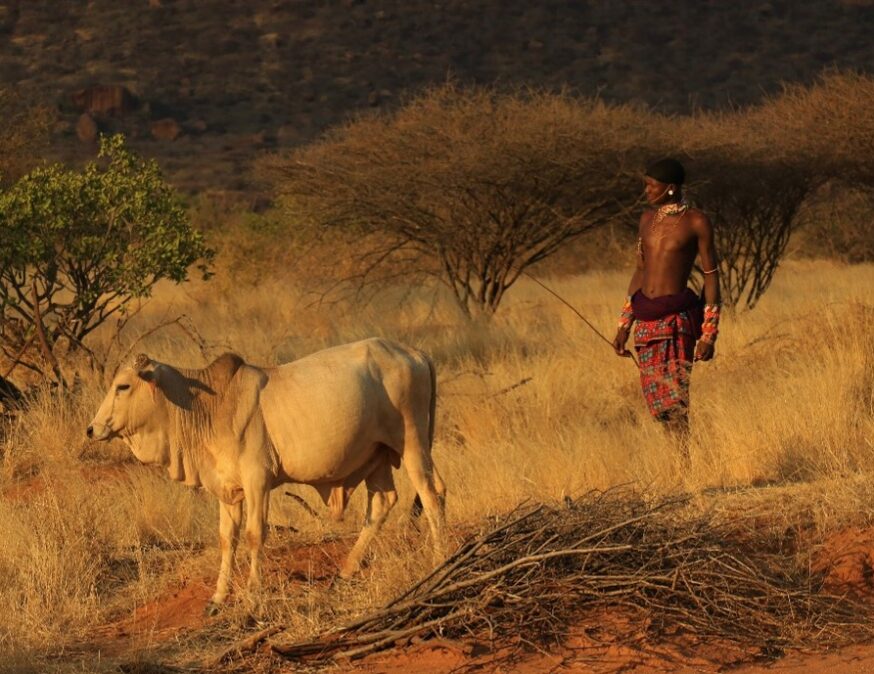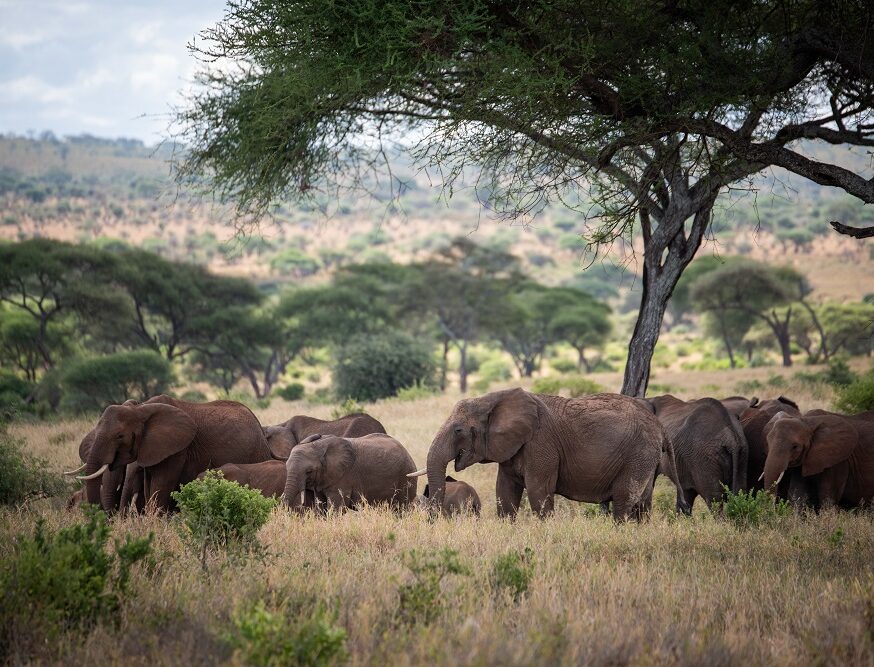How do you channel private capital into high-quality nature-based climate solutions?
We sat down with Jo Anderson (JA), co-founder and finance director of Carbon Tanzania and Ed Hewitt (EH), Respira’s Natural Climate Solutions Director, to find out what makes an effective long-term partnership between a project developer and carbon finance business. Carbon Tanzania was the first project developer that Respira worked with and it served as the pilot for a new financing model which is being replicated globally.
What are the challenges you face and how did the partnership help to overcome them?
EH: The key challenge is always finding a pipeline of high-quality projects – by high-quality we mean not only carbon integrity but also outstanding impacts for biodiversity and people. Carbon Tanzania was well known to the Respira team as a high-quality project developer and so quickly became a trusted partner. It was also able to deliver carbon credits at scale – it’s a rare combination to find high integrity credits in such high numbers.
JA: As a project developer our strengths lie in creating exceptional community-based projects, and while we have enjoyed some success in selling our credits into the voluntary carbon market, securing reliable distribution channels demands a different focus. Respira solved this for us by committing to a long-term, large-scale offtake agreement, which gave us a revenue certainty through a guaranteed floor price for our carbon credits and a profit share if prices rose which enables our communities to participate in the upside of a growing carbon market. This was a win-win for all parties and has enabled us to focus on developing more projects. More specifically, it gave our partner communities, who live from week to week, a reliable income stream. It’s hard to balance wanting to lock in revenue certainty with not being excluded in a rising price scenario.
How do you find operating in the voluntary carbon market (VCM)?
EH: We are both aware that this relatively new market is sometimes quite opaque – that there have been bad actors on both sides – and so it’s important to us that our negotiations are open and transparent, building a proper partnership between our organisations.
JA: It was a true alignment of values and trust! We don’t want to be participating or building a market that simply mirrors other extractive markets. We can recognise that we are businesses, and profits need to be made, but we are trying to create a market that values nature and properly integrates the resource owners into the value chain. There is a baseline cost to nature conservation which needs to be reflected in the cost of carbon and having an open and clear commercial relationship with shared values makes this possible.
What are your organisation’s strengths in operating in the VCM?
EH: Respira’s team has deep expertise in capital markets, creating innovative products and mobilising institutional capital, and also in assessing carbon projects. This combination means that we can direct capital into Carbon Tanzania’s projects like Makame and Ntakata to really scale nature-based climate solutions. One of the initial driving forces behind Respira was to give project developers the space to develop further projects and build more supply. Our agreement with Carbon Tanzania was the proof of concept. Since then we have entered into agreements with other developers in Africa and are expanding globally. By the end of Q1 2022 we will have 10 more under similar agreements.
JA: We know there aren’t enough project developers and projects to supply the number of credits needed and so one of the key strengths of having a reliable offtake is that we can concentrate on doing what we do well – creating new projects and developing assets from which the carbon credits can be created. It’s very unusual to find a company that is willing to take a risk with a project that they don’t have a hand in developing, like Respira does by taking our credits onto their balance sheet.
Does it take a long time to create this type of agreement?
EH: No! In fact, because of our experience in both capital markets and in project development, we can move very quickly. We are able to nimble decisions based our own due diligence on what is a high-quality project as well as understand the advantages of having these carbon credits on our balance sheet. We are not waiting for a corporate buyer to see those advantages or decide to buy credits, we decide what is on our balance sheet, in our portfolio, and buy credits to our timescale.
JA: That’s exactly the restriction you feel when you talk to a lot of the big resellers – the need to reserve credits while they convince a potential client to buy them. Respira is willing and able, unlike many actors in the market, to transact quickly, because of an alignment of values as well as a deep understanding of what makes a high-quality project and commitment to this.
How do you answer concerns on the integrity of NBS and forest-based carbon credits?
EH: There is a scientific rigour that sits behind the methodologies and then monitoring of them that many people don’t realise. We are confident that the nature-based solutions that we are investing in by buying these type of carbon credits are delivering the benefits to climate, nature and people that they say they do.
JA: What gives the projects the high-quality status that Respira is looking for and backing, is a very detailed understanding of this “verified emissions reduction” and what it takes to produce one. The project team in Tanzania follows the extremely highly sophisticated, peer reviewed scientific methodologies developed by global carbon standards and only in doing this are we able to produce high quality carbon credits.
—–
Respira International is an impact-driven carbon finance business. It channels private capital into climate solutions, ensuring long-term relationships with trusted carbon project developers that enable its clients to use predominantly nature-based solutions to build sustainable, climate positive businesses.
Carbon Tanzania is a social enterprise that creates economic value in natural resources for indigenous people through sustainable management of forests and biodiversity.
Ntakata Mountains Project. Photo credit: Carbon Tanzania and Roshni Lodhi
Share this article



